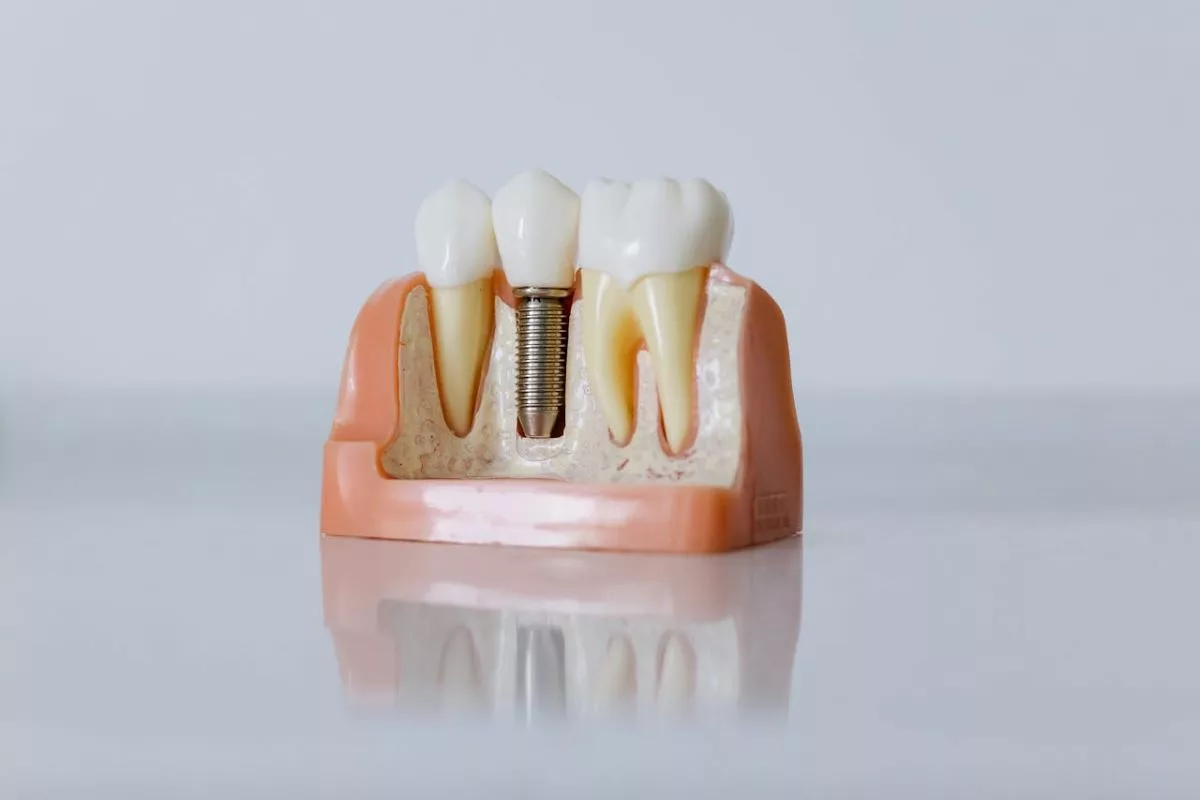
Maintaining good teeth and gum conditions is essential for more than just appearances. It affects how you eat, speak, and feel about yourself. For those living in Houston, TX, a city known for its top-notch medical services, finding quality dental professionals is easy. With personalized services for general and advanced needs, including correction for bite issues and proper alignment, Houston offers residents the chance to enjoy better long-term outcomes.
Here are some practical ways you can improve your routine and avoid common oral issues.
Brush Your Teeth the Right Way
Brushing is one of the simplest ways to maintain strong, healthy teeth, but many people do it incorrectly. Start by using a soft-bristled toothbrush to prevent gum damage. Brush at a 45-degree angle to target plaque buildup along the gumline. Dentists recommend brushing for two full minutes twice a day, using fluoride toothpaste to protect enamel and fight cavities. Replace your toothbrush every 3-4 months or sooner if the bristles become frayed. Also, be mindful of how much pressure you apply while brushing, as scrubbing too hard can damage enamel and cause gum recession.
Regular Dental Checkups
Local clinics in Houston offer comprehensive services, from cleanings to advanced alignment solutions. Whether you’re looking to fix spacing problems, address jaw discomfort, or achieve straighter teeth, experienced specialists at clinics like URBN Dental are well-equipped to provide personalized treatment. With cutting-edge technology, they help diagnose and treat issues early so small problems don’t turn into costly or painful complications. If you’re considering long-term solutions like braces or clear aligners, an experienced Houston orthodontist from their team will suggest a treatment plan that fits your unique needs. Regular checkups are crucial for staying ahead of issues like tooth decay, gum disease, and enamel erosion.
Don’t Skip Flossing
While brushing is important, flossing tackles the spaces between teeth that a brush can’t reach. It’s vital for preventing plaque buildup and reducing the risk of cavities and gum disease. To floss properly, use about 18 inches of floss and gently guide it between your teeth, curving it into a C-shape to clean along the gumline. For those who find traditional floss difficult, water flossers and floss picks are great alternatives. Making flossing a daily habit can lead to healthier gums and fewer dental procedures down the road. Consistent flossing also removes bacteria that contribute to bad breath and more serious oral infections.
Limit Sugar and Acidic Foods
Sugary and acidic foods are major culprits when it comes to enamel erosion and tooth decay. Sodas, candies, and citrus fruits can weaken the protective layer of your teeth, making them more susceptible to damage. Reducing your intake of these foods can protect your smile in the long run. Opt for snacks like cheese, nuts, and crunchy vegetables that help promote saliva production, which naturally washes away harmful particles. Rinsing your mouth with water after consuming something acidic can further help neutralize harmful effects. Moderation is key, as even healthy fruits can cause erosion when consumed excessively.
Stay Hydrated to Protect Your Teeth
Saliva plays a key role in keeping your teeth clean by neutralizing acids and washing away food particles. Staying hydrated ensures your body produces enough saliva to prevent dry mouth, a condition that can lead to tooth decay and gum disease. Water is the best option for hydration, as it doesn’t contain sugars or acids. Sipping water throughout the day helps flush out leftover food, making it a simple yet effective way to maintain clean teeth between brushing sessions. Avoid relying too heavily on sugary drinks, as they can cancel out the benefits of proper hydration. Herbal teas and coconut water can be good alternatives if you need variety.
Use Mouthwash as a Supplement, Not a Replacement
Mouthwash can be a great addition to your routine, but it shouldn’t replace brushing or flossing. Antibacterial rinses help reduce plaque, freshen breath, and kill harmful bacteria. Choose a product based on your specific needs—fluoride rinses can strengthen enamel, while alcohol-free options are ideal for sensitive mouths. Use mouthwash after brushing and flossing, swishing for the recommended time to get the full benefit. Don’t eat or drink for at least 30 minutes afterward to allow the ingredients to work. When used consistently, mouthwash can boost the effectiveness of your daily routine without adding much extra effort.
Eat a Balanced Diet to Strengthen Teeth
What you eat directly affects the condition of your teeth and gums. Calcium-rich foods like dairy products support strong teeth, while foods high in vitamin C, such as berries and leafy greens, promote healthy gums. Crunchy fruits and vegetables, like apples and carrots, act as natural cleaners by scrubbing away food particles. Avoid overly processed foods and opt for whole, nutrient-dense options that promote overall wellness. Eating a balanced diet also helps your body fight off infections, reducing the risk of gum disease. Maintaining this balance can prevent dental issues and reduce dependency on costly procedures.
Protect Your Teeth with Regular Cleanings
Even with perfect at-home practices, plaque and tartar can build up over time. Professional cleanings remove stubborn deposits that are brushing and flossing miss. These appointments also give specialists a chance to identify early signs of problems like cavities, gum inflammation, and enamel wear. Regular cleanings help prevent long-term issues and keep your teeth polished and smooth, making it harder for plaque to stick. Attending cleanings every six months is ideal for most people, though your provider may recommend more frequent visits if you have specific needs. Preventive care saves time and money in the long run.
Achieving better oral health doesn’t require drastic changes, but consistency is key. By brushing and flossing correctly, eating a nutrient-rich diet, and staying hydrated, you can prevent common problems like cavities and gum disease. Regular professional cleanings and early intervention for warning signs also play a crucial role in maintaining your smile. Adding small habits, like using mouthwash and addressing alignment issues, can enhance the effectiveness of your routine. With dedication, these simple tips can help you protect your teeth, improve your overall well-being, and enjoy a healthier, brighter smile for years to come.
Follow me down the rabbit hole!
I'm Alice and I live with a dizzying assortment of invisible disabilities, including ADHD and fibromyalgia. I write to raise awareness and end the stigma surrounding mental and chronic illnesses of all kinds.








